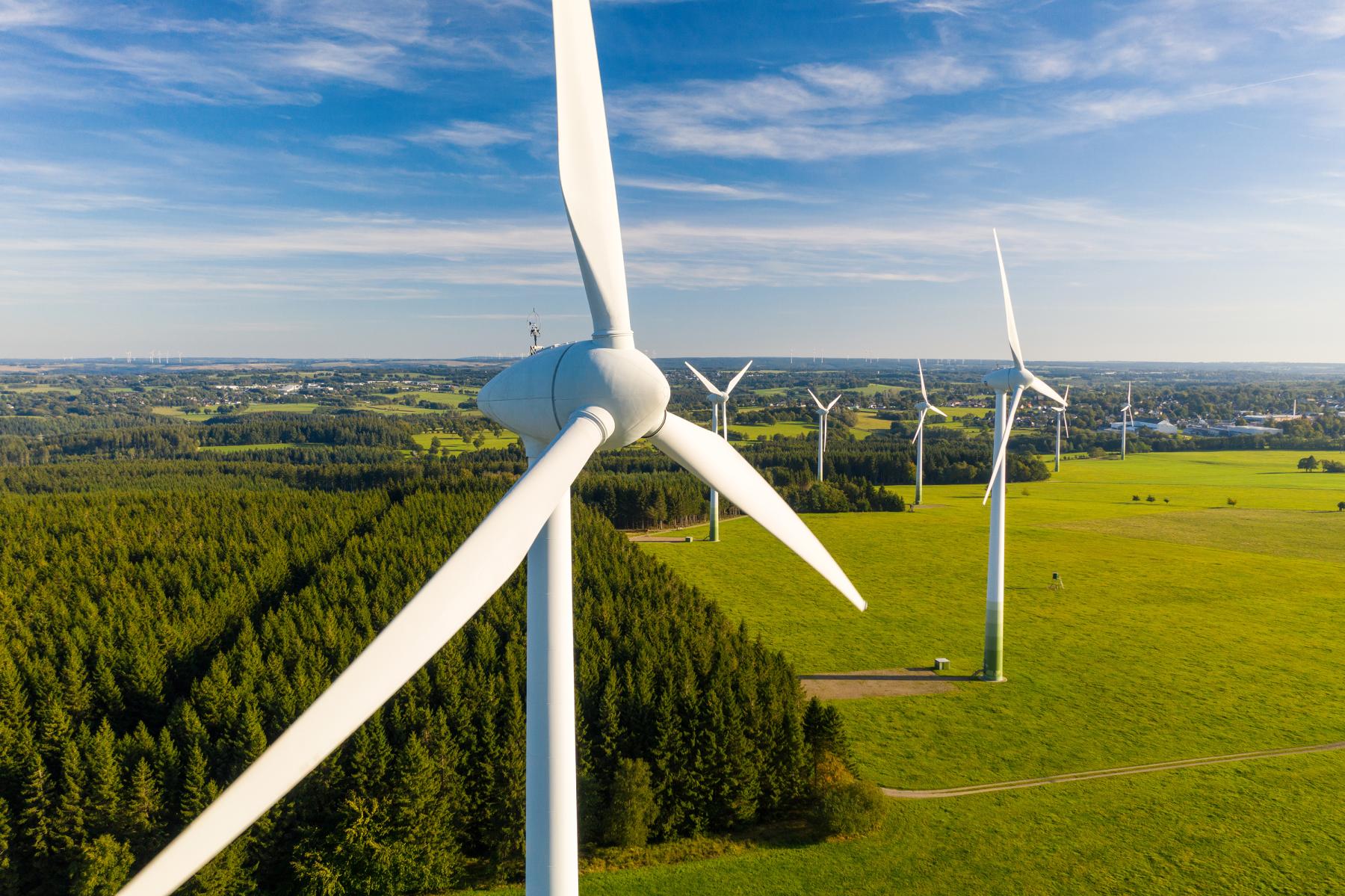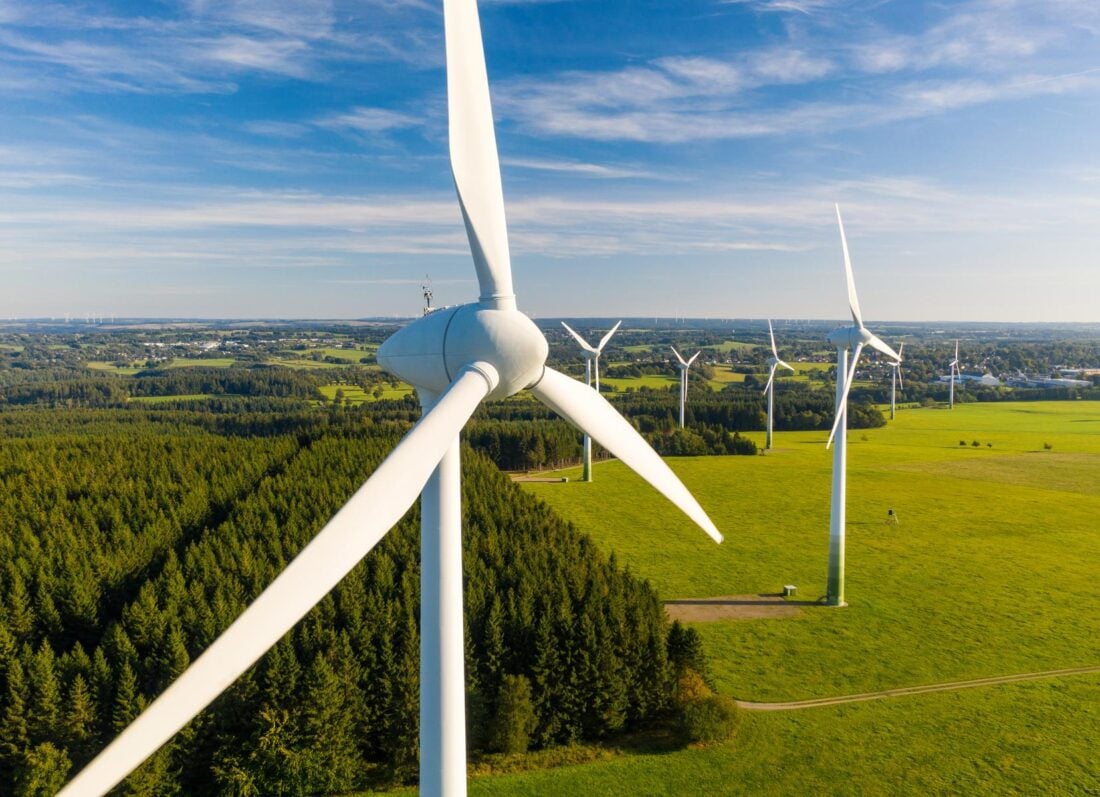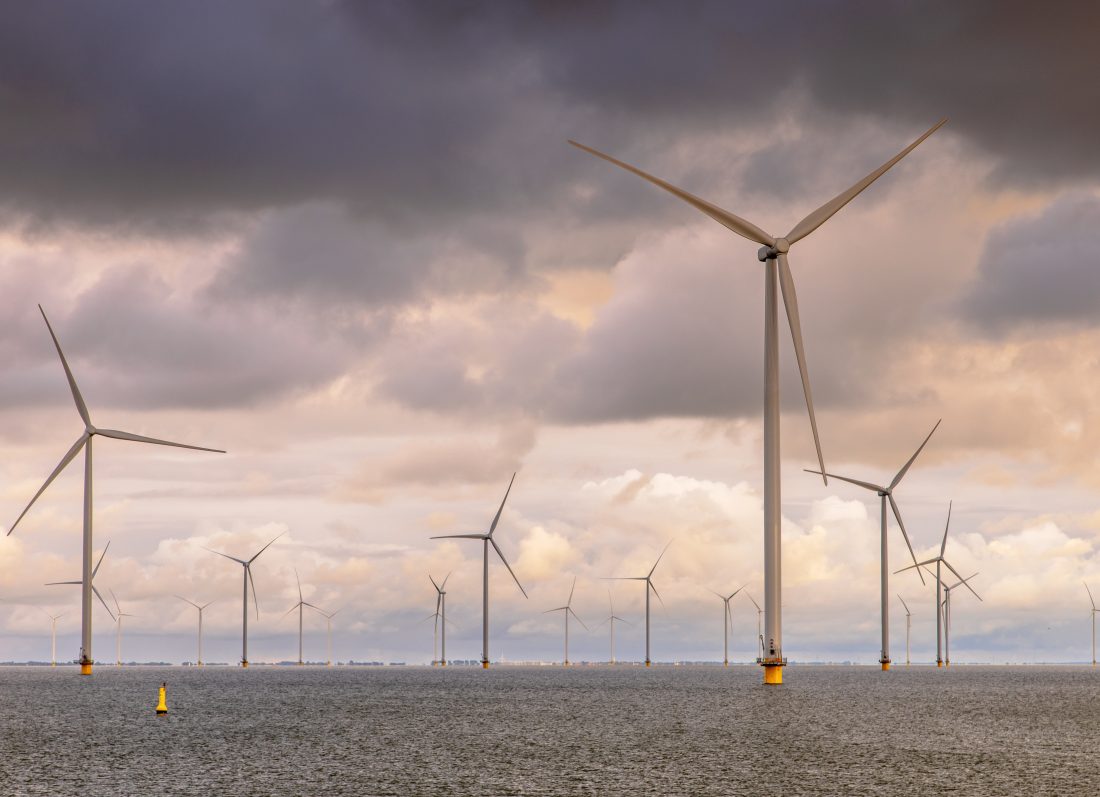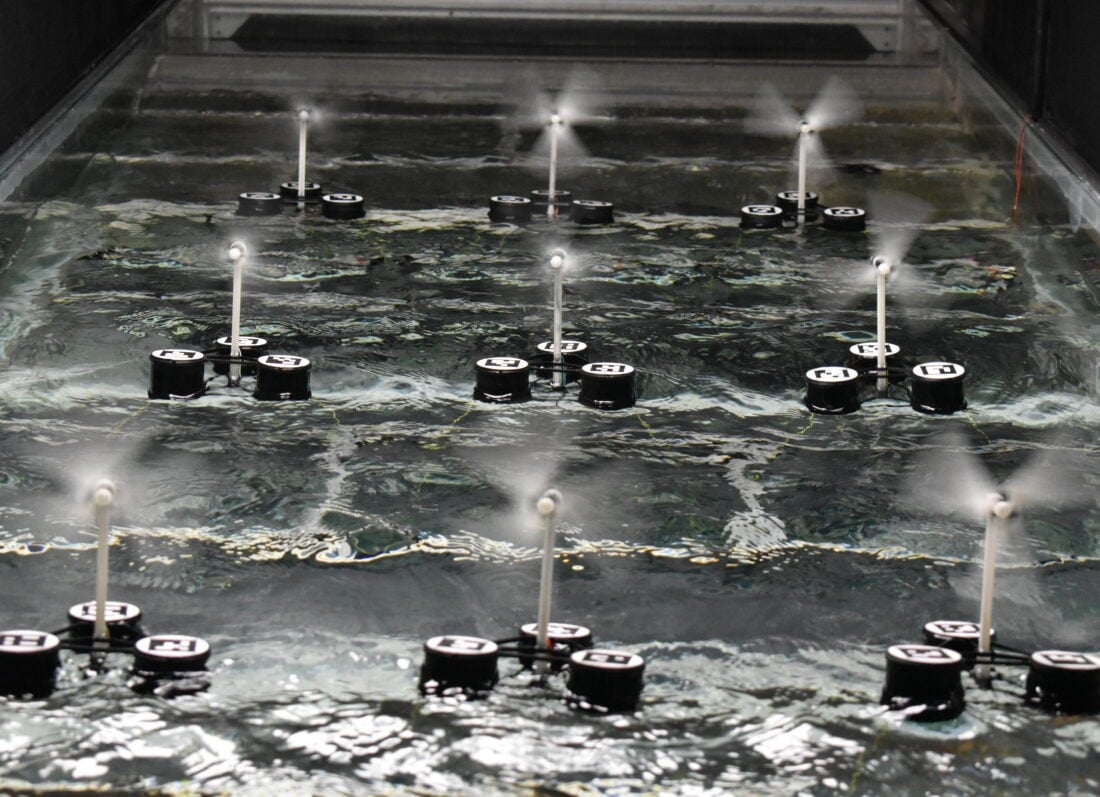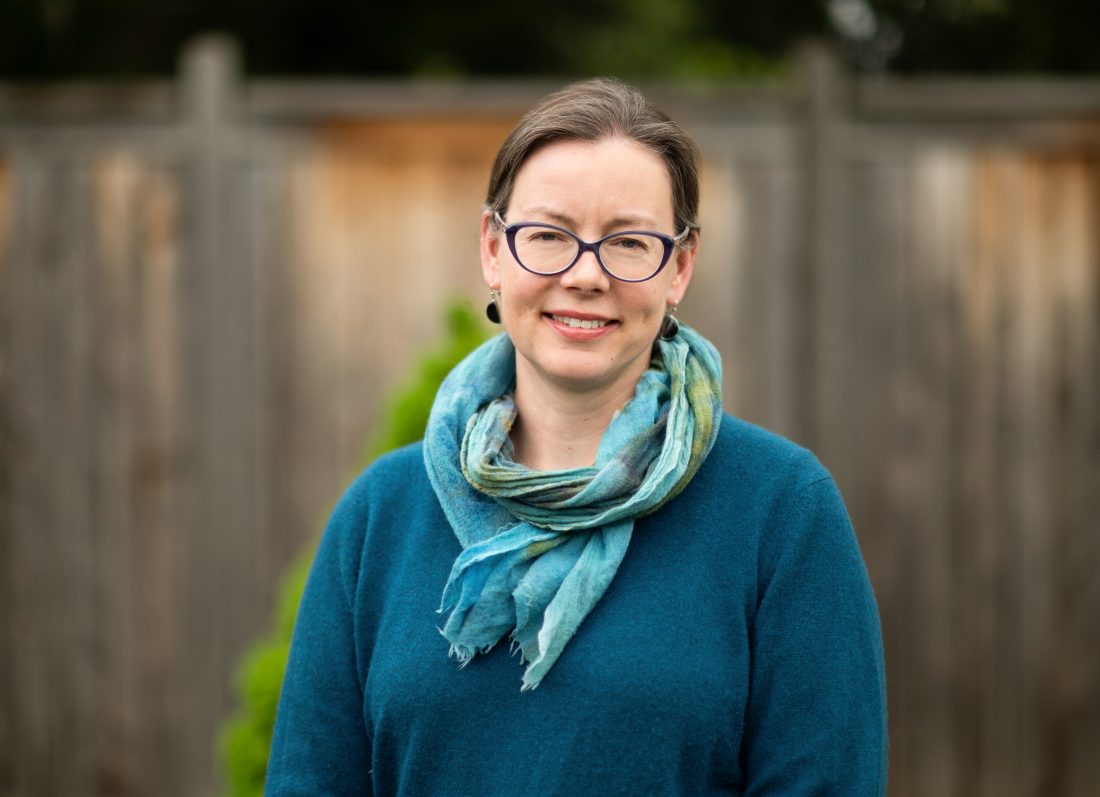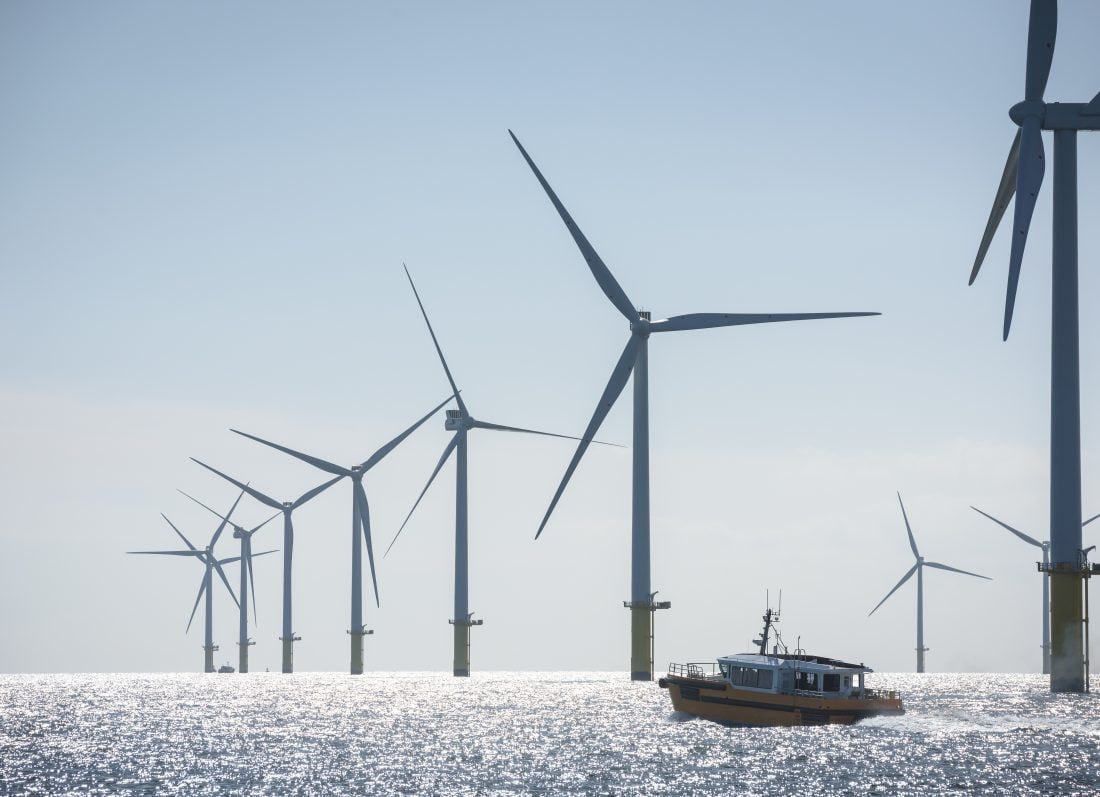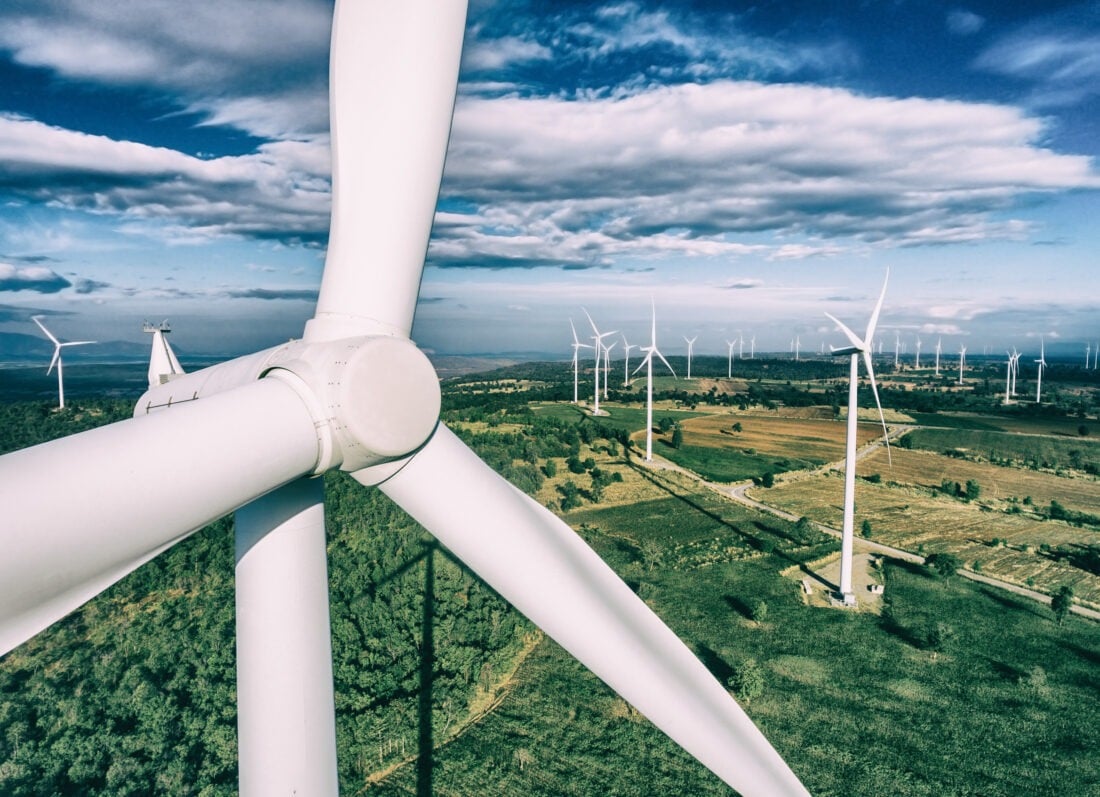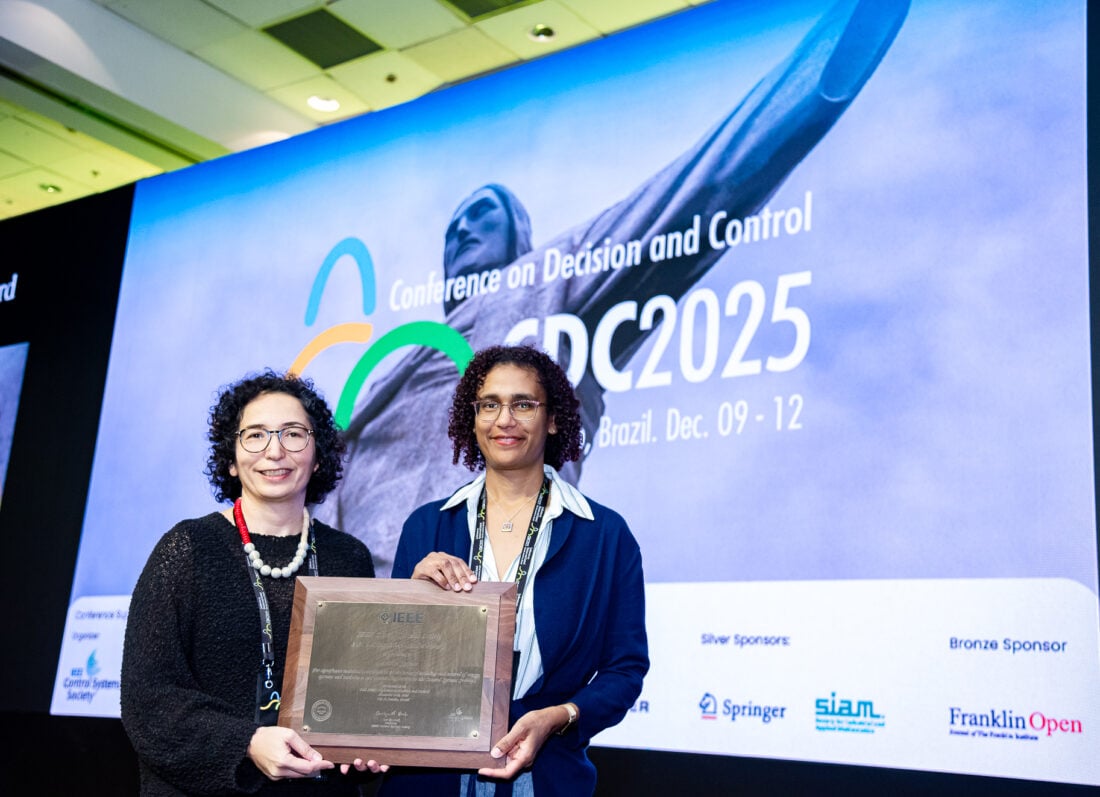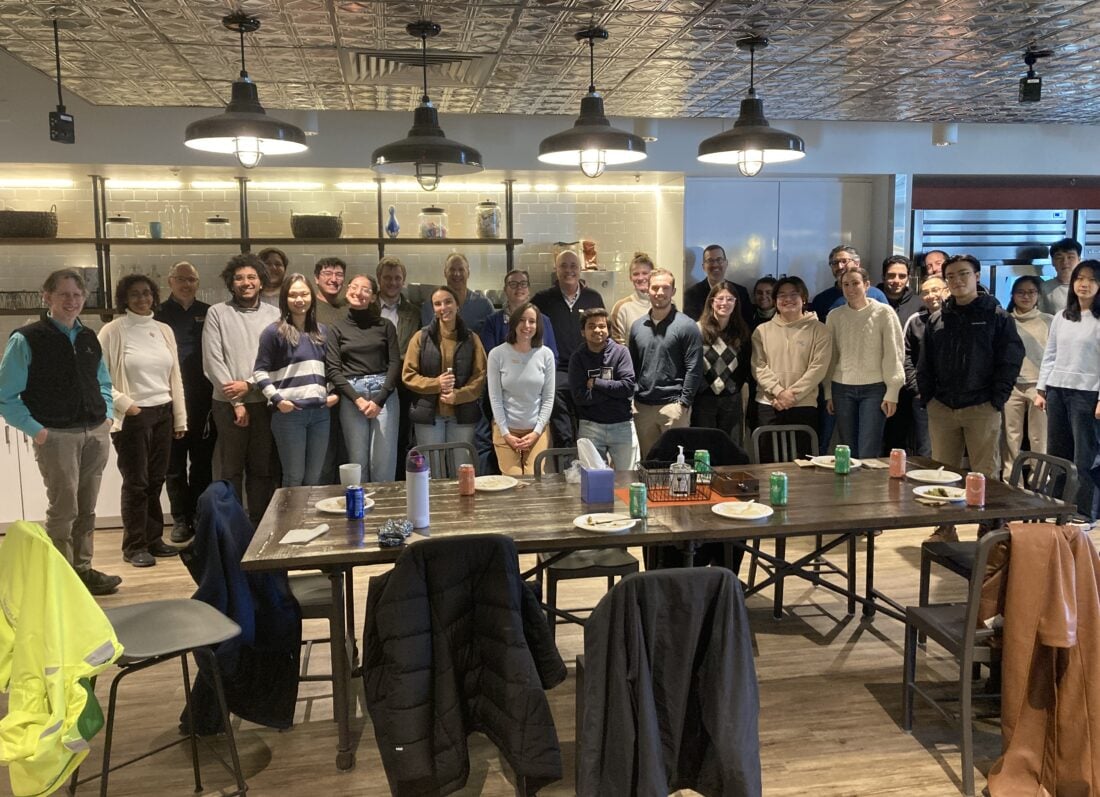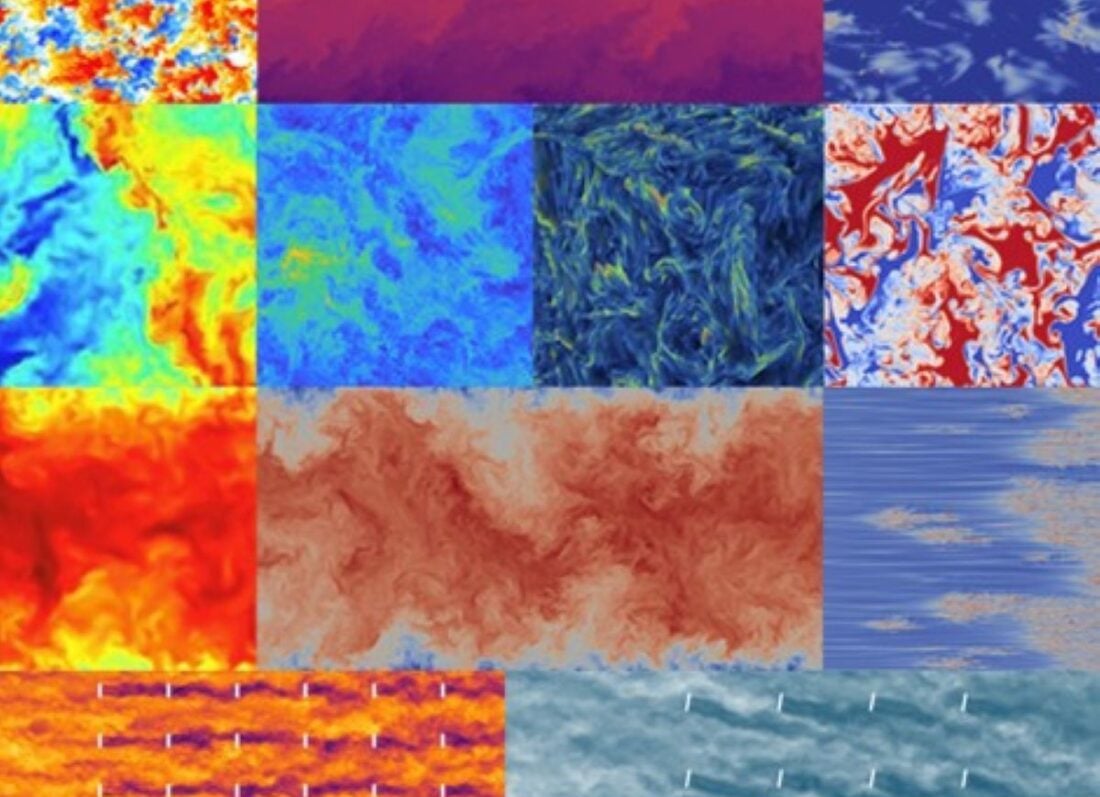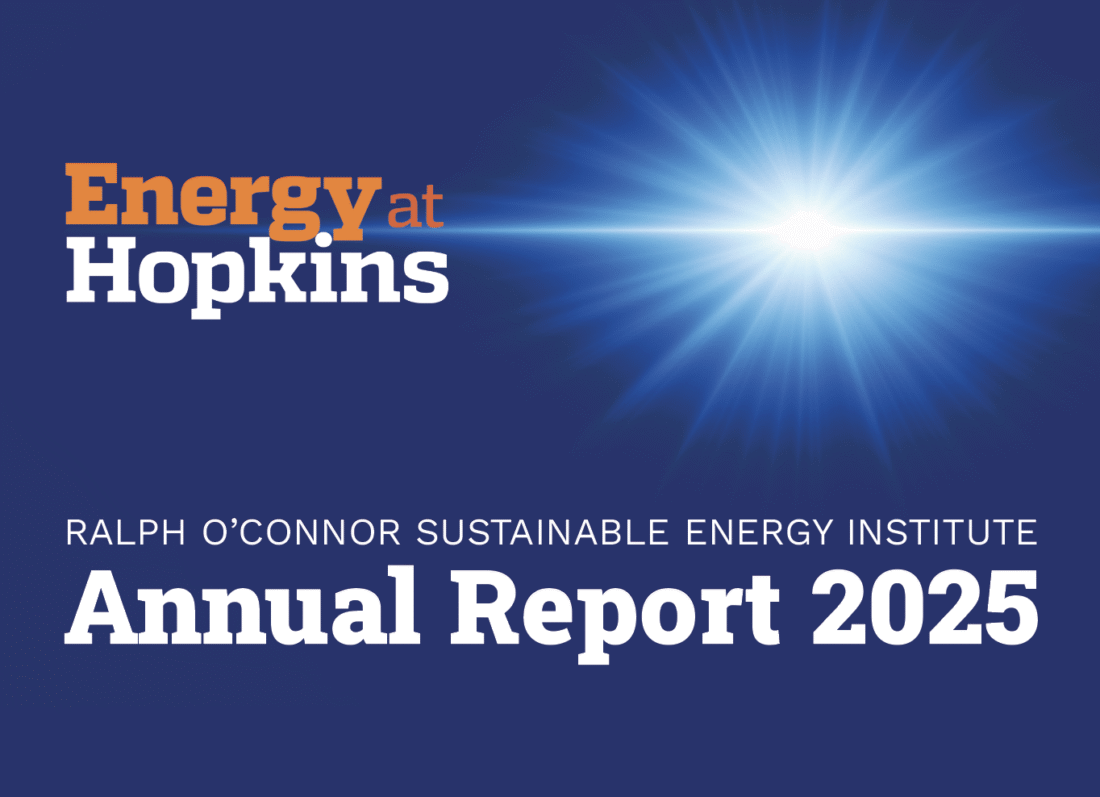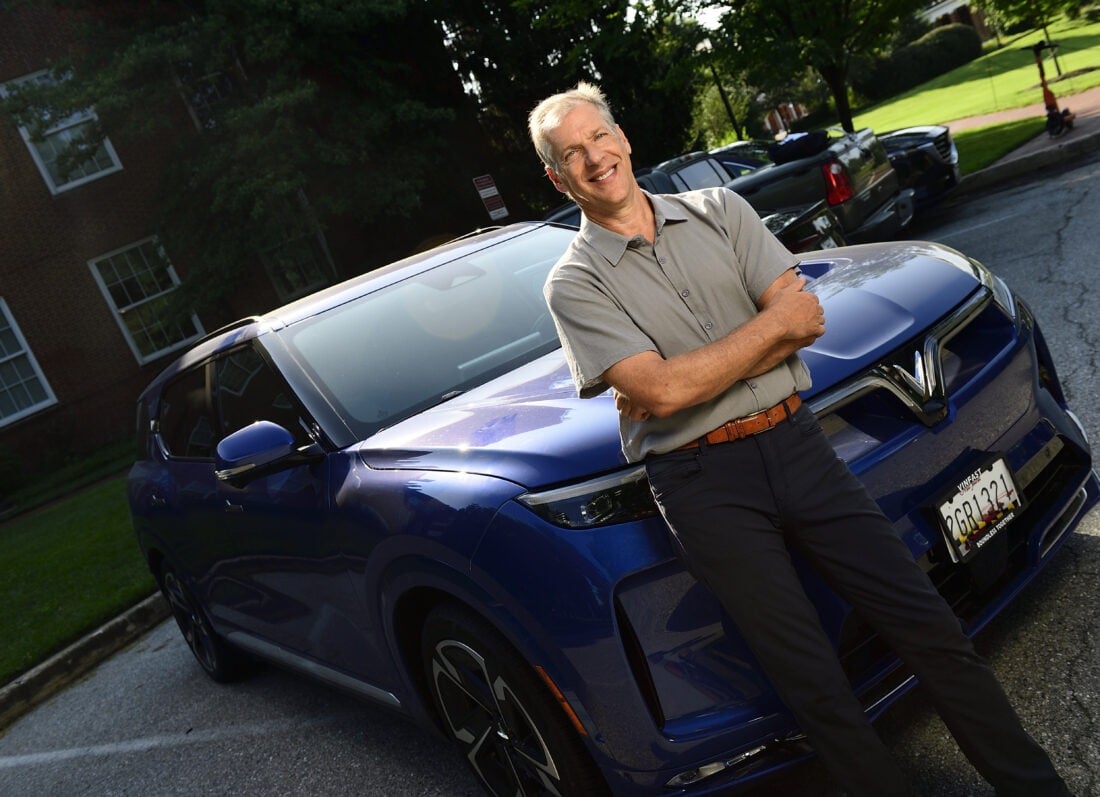Technical Papers from Wind Scholars
An Initiative Completed
On May 21, 2025 a free, comprehensive, public wind farm database developed through ROSEI was released.
A multi-year effort led by two of ROSEI’s leaders in its wind pillar Dennice Gayme and Charles Meneveau, the Johns Hopkins Turbulence Databases – Wind (JHTDB-wind) provides massive amounts of data from computer simulations of turbulent flow in wind turbine arrays to help in wind farm design, analysis and operational increases to power output. The publicly available resource supports everything from academic studies to practical wind farm planning and development projects.
JHTDB-wind is currently comprised of two datasets. The first, titled “LES of large wind farm under conventionally neutral atmospheric conditions,” simulates a large wind farm under conditions where temperature differences across different heights in the atmosphere are negligibly small such as during sunset or on cloudy days. It functions as a baseline in terms of the atmospheric conditions.
The second dataset, titled “LES of large wind farm during a diurnal cycle,” simulates a smaller wind farm over 24 hours. During daylight, the sun heats the ground, creating convective conditions with rising air plumes that generate turbulence and interact with wind farms. At nighttime, temperatures drop, causing colder air to drift downward, reducing turbulence.
ROSEI Launches ARROW Targeting Offshore Wind Energy Growth
Researchers from ROSEI and Morgan State University have teamed up with the State of Maryland’s Maryland Energy Administration (MEA) to establish the Maryland presence in a new national center supporting offshore wind energy. The effort aims to expand the local offshore wind industry and provide greater opportunities for Maryland residents and businesses to participate in the growing clean energy economy.
The national center, which is receiving $1 million in funding from MEA as well as further financial support from the Department of Energy’s (DOE) Wind Energy Technologies Office (WETO), will be jointly developed and implemented by JHU and Morgan State. It was established through the Academic Center for Reliability and Resilience of Offshore Wind (ARROW) and will be housed across both universities, working in key areas of education and research.
“This effort leverages partnerships with schools and entities that were initiated by ROSEI, JHU’s new leader for sustainable energy. We are excited to work with Morgan State and MEA to bring more resources for offshore wind energy to the state of Maryland,” said Ben Schafer, director of ROSEI and a professor of civil and systems engineering at the Whiting School of Engineering. “By being a member of this new national center, MEA, Hopkins, and Morgan State are announcing that we are in it for the long haul to make the energy transition work with offshore wind in Maryland.”
ARROW released its first annual report in 2025, providing the first comprehensive summary of the national center’s activities.
Partners in Wind
- ARROW (Academic Center for Reliability and Resilience of Offshore Wind)
- NREL (National Renewable Energy Laboratory)
- NCAR (National Center for Atmospheric Research)
- NOAA (National Oceanic and Atmospheric Administration)
- PNNL (Pacific Northwest National Laboratory)
- ANL (Argonne National Laboratory)
- LLNL (Lawrence Livermore National Laboratory)
- WHOI (Woods Hole Oceanographic Institution)
- Morgan State University
- University of Massachusetts Amherst
- Portland State University
- University of Texas Dallas
- University of California Berkeley
- University of Colorado Boulder
- University of Puerto Rico
- SUNY Albany
- Danish Technical University
- University of Oldenburg
- FORWIND (Zentrum für Windenergieforschung)
- Delft University of Technology
- Technische Universität Braunschweig
- German Aerospace Center
Recent News
Dennice Gayme, a professor of mechanical engineering, core researcher at the Ralph O’Connor Sustainable Energy Institute (ROSEI), and researcher at the Laboratory for
Read more
The Ralph O’Connor Sustainable Energy Institute (ROSEI) at Johns Hopkins University further affirmed its support for wind energy by hosting
Read more
A group led by Charles Meneveau, the Louis M. Sardella Professor in mechanical engineering, an associate director of the Institute for
Read more
The Ralph O’Connor Sustainable Energy Institute at Johns Hopkins University has released its 2025 Annual Report, highlighting a year of
Read more
The Academic Center for Reliability and Resilience of Offshore Wind (ARROW) recently released its first annual report, providing the first
Read more
This article is part of a series featuring Q&As with Ralph O’Connor Sustainable Energy Institute (ROSEI)-affiliated researchers. Next up is
Read more
